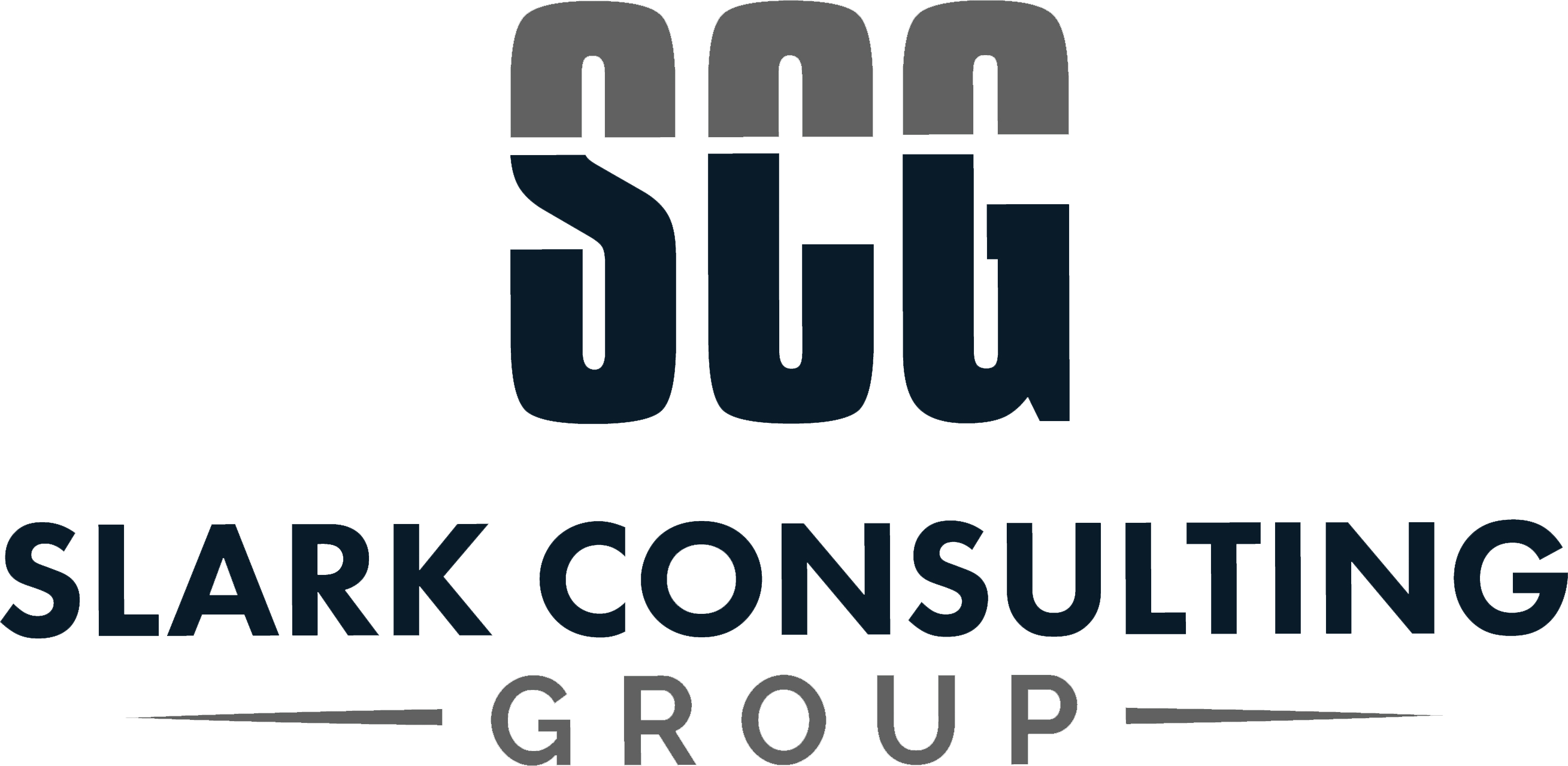As a business grows, the demands on its leaders’ time and attention also increase. Effective time management and prioritization skills become crucial to maintaining productivity and achieving success. With countless tasks and responsibilities vying for attention, it can be challenging to determine which ones require immediate attention. In this article, we’ll identify 10 strategies that can help improve your ability to prioritize your time and ensure that you’re focusing on the tasks that will have the greatest impact on your business.
- Identify urgent and important tasks: The first step in prioritizing activities is to identify tasks that are both urgent and important. These tasks require immediate attention and significantly impact the business’s success.
- Make a to-do list: List all the tasks that must be accomplished, including deadlines and priorities. This helps to keep track of all tasks and ensures that nothing important is overlooked.
- Assign priorities: Assign a priority level to each task on the to-do list. This helps to focus on the most critical tasks first and prevents wasting time on less important activities.
- Delegate tasks: Delegate tasks that are not a priority or do not require your personal attention to other team members or employees. This frees up time to focus on more important tasks.
- Schedule tasks: Schedule tasks on a calendar or planner to ensure they are completed on time. This also helps to avoid overloading certain days or weeks with too many tasks.
- Focus on the most important tasks: Prioritize tasks with the greatest impact on the business’s success, such as generating revenue, improving customer satisfaction, and increasing productivity.
- Avoid multitasking: Multitasking can reduce productivity and make it difficult to complete tasks efficiently. Focus on one task at a time and give it your full attention.
- Eliminate distractions: Eliminate or minimize distractions that can derail your focus and productivity, such as emails, phone calls, and social media notifications.
- Take breaks: Taking breaks can help to increase productivity and reduce stress. Take regular breaks throughout the day to recharge and refocus.
- Review and adjust: Regularly review and adjust your priorities as needed. Business needs and priorities can change quickly, and staying flexible and adaptable is important.

